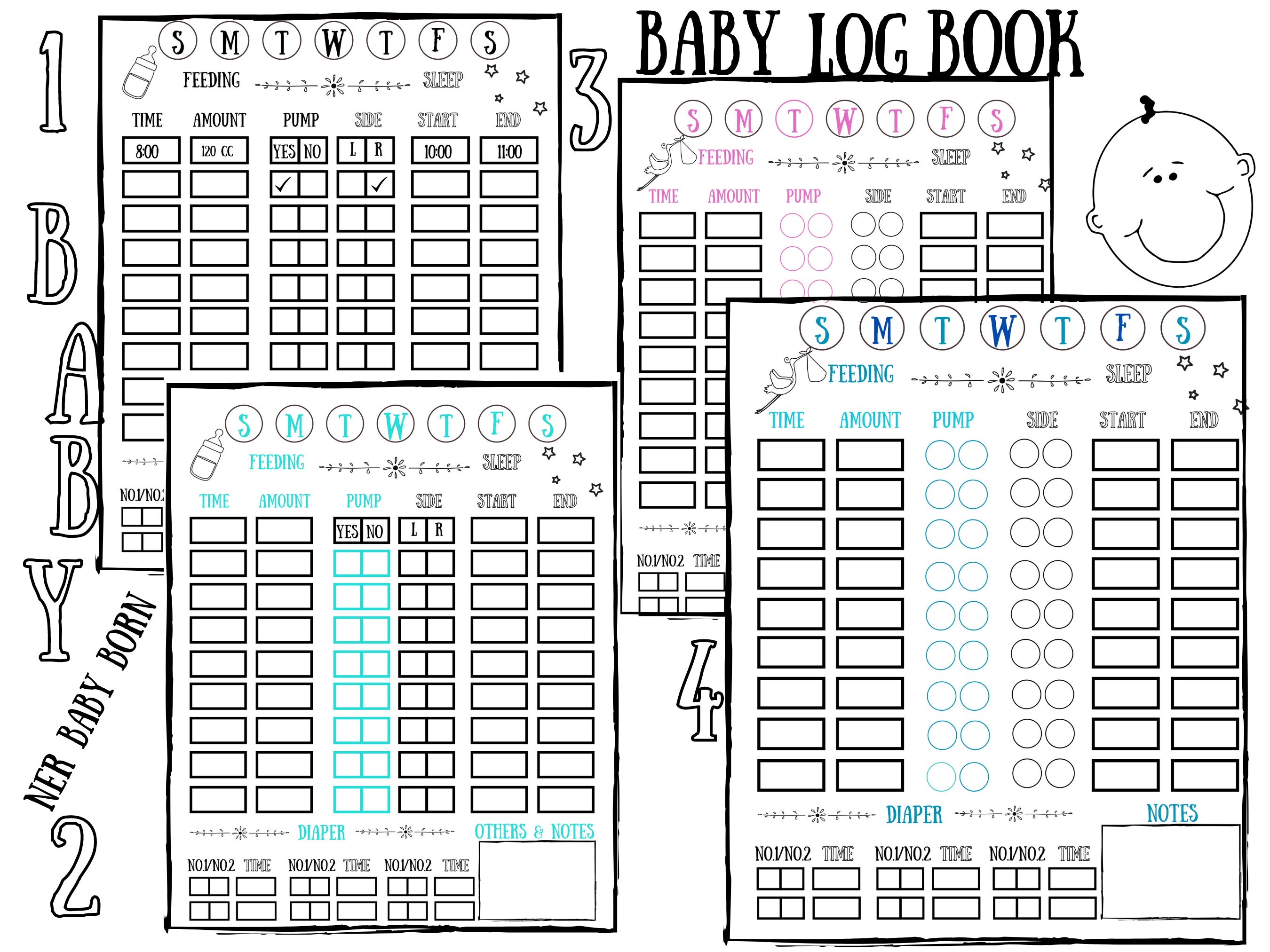

Ultrasound is the way most women find out they are pregnant with twins, often at around 12 weeks of pregnancy.Īll major organs take shape. Heartbeats may even be detected during an ultrasound exam offered by your healthcare provider during this trimester. The tissues that form your babies’ hearts will begin to develop at this time. By 8 weeks of your twin pregnancy, your babies will have buds for limbs that look like little paddles. Around 6 weeks, your babies’ spinal cords and brains will develop from the neural tubes. Your twins start forming brains and spinal cords. No one loves having this unpleasant symptom, which can be (but isn’t always) more severe during a twin pregnancy, but many moms-to-be choose to think of it as a sign that their pregnancy is going well! This is important considering all the growth and development your babies are experiencing during this time: Though the precise cause or causes of this condition are unknown, the pregnancy hormone human chorionic gonadotropin (hCG) may be a contributing factor. When tracking pregnancy symptoms week by week, whether with one baby or twins, 5 to 8 weeks pregnant is when nausea and vomiting-aka morning sickness-might kick in. In some rare cases, the babies may share one placenta. About one week later, the outer layer of the blastocyst will begin to form a placenta for each baby, providing nourishment over the course of your pregnancy. Each blastocyst, two in the case of a twin pregnancy, will grow into an embryo. Around eight or nine days after fertilization, the rapidly dividing ball of cells, now known as a blastocyst, will burrow into the lining of the uterus. This is when you may notice one of the first symptoms of pregnancy, which is implantation bleeding. Fraternal twins are more common than identical twins.Īt around 4 weeks pregnant, some important developments occur, including implantation. If you have two zygotes, from two eggs fertilized by different sperm, these twins will not be identical and can be either the same or different sex. Because they come from the same zygote, they will have the same chromosomes and be the same sex.įraternal twins. When you have one zygote that splits into two during early pregnancy and grows into separate embryos, you’ll have identical twins. When a sperm fertilizes an egg, it becomes a single cell called a zygote, which has 46 chromosomes that d etermine your baby’s sex and physical traits.


And when it comes to a twin pregnancy, there’s quite a lot going on in that belly of yours, which is now nurturing either identical or fraternal twins.

3 WeeksĪfter the first three weeks of pregnancy, you may start to feel a few pregnancy symptoms. Read on to learn about twin pregnancy development and symptoms, week by week during the first trimester. During your first trimester, a home pregnancy test can confirm your hunch that you're pregnant, and eventually an ultrasound scan at your healthcare provider's office will reveal you are pregnant with twins.Īlthough the first few weeks are a little uneventful, the first few months are quite exciting! Both of your babies develop from a cluster of cells to a tiny fetus with a heart, spinal cord, head, and limbs. In the first few weeks of your twin pregnancy, you might notice some typical signs of early pregnancy, such as breast tenderness, fatigue, nausea, and a missed period. So, you’ve hit the jackpot-you’re pregnant with twins! While you’re adjusting to this life-changing news, your little ones are already growing and preparing to meet you! As you embark on this double adventure, it can be helpful to know about some of the common twin pregnancy symptoms that may await you week by week.


 0 kommentar(er)
0 kommentar(er)
